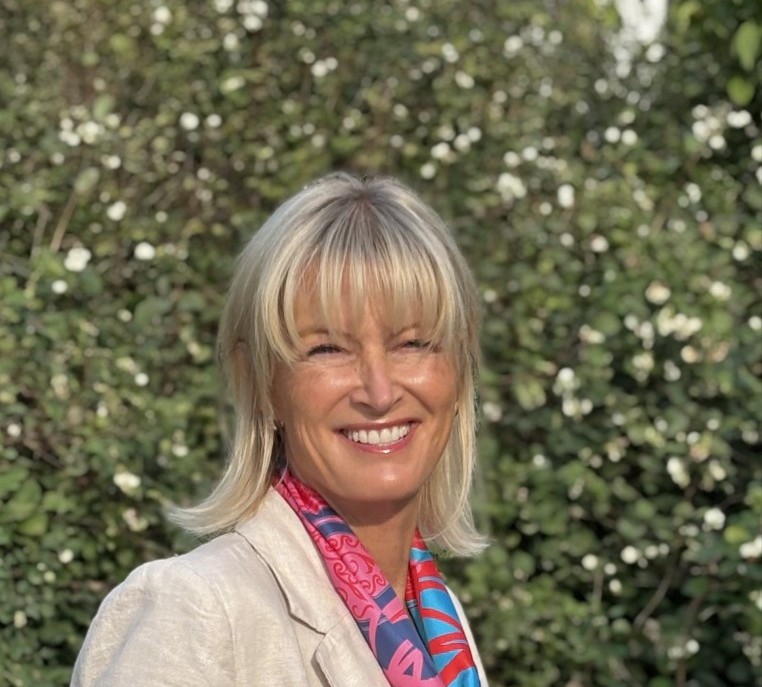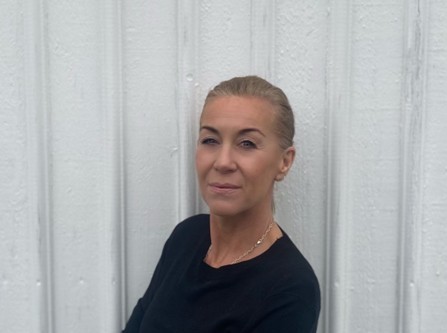Inspirational Person of the Week - Åse Henell at Right Livelihood Award Foundation
What do you work with today and what choices have led you here? For the past year, I have been working at Right...


What do you work with today and what choices have led you here?
For a year now, I have been working at the Right Livelihood Award Foundation. We support people and organizations that have found solutions to global problems. The foundation awards the Right Livelihood Prize, also known as the "Alternative Nobel Prize". Each year, three to four people or organizations are honored with SEK 1 million each. Common to all laureates is that they work in a visionary way to solve the greatest challenges of our time. Gynecologist Denis Mukwege (now also a Nobel Peace Prize laureate), whistleblower Edward Snowden and Syria Civil Defence (the White Helmets) are some of our 178 laureates from 70 countries. Something that distinguishes us from virtually all other international prizes is that we offer all our laureates lifelong support. We have special protection programs for threatened laureates.
My mission is to work with the brand, communication and the award ceremony. It was during my years at Faktum, Sweden's largest street newspaper, that I realized that it worked well to bring your experience from the business community into other industries.
In what way do the working methods in a non-profit organization differ from the business community? How do the organizational cultures differ between for-profit and non-profit businesses?
During my 23 years in working life, I have mostly worked in for-profit businesses such as Telia, Göteborgs-Posten and IHM Business School. Of course, even non-profit businesses must make a profit or at least +/-0 at worst. The mission itself is not to generate profit, but as at e.g. Faktum to generate jobs and a context. But with a negative result, the business will not remain, so it is extremely important that you have control over the economy.
We work like everyone else based on a budget that must be kept, but I would say that it is even more important that every penny is followed up when the margins are often small, which is the case in this type of business.
The creativity around business development and generating alternative revenues as well as smart collaborations I would say is the big difference. And so it is important to build a strong brand and increase awareness, then it becomes easier to find the revenues.
If you want to go the same way as you; what advice and tips do you want to give?
I am a trained economist with a focus on marketing and did not think that I would work with what I do today when I graduated. It was 1996 and the world had a different conversation climate, it was much about making big money, collecting these on high and thereby being regarded as successful.
Choose a workplace that stands for your values and make sure that you get to work with what you believe in. It gives energy and joy, you should be able to work for a long time. I myself must work in a context that contributes to making it a little better for someone else. It does not have to be about human rights or peace issues as I work with now. It can be environmentally friendly transport, environmentally friendly energy, education or business development to reduce the impact on the earth's resources. But the business must contribute to a better world in some way.
Even if I might have chosen a different education today, it is extremely good to be able to contribute in other industries by bringing my education with me, all competencies are needed even in non-profit organizations.
Contact
What challenges are you facing today? - We would love to hear from you!





